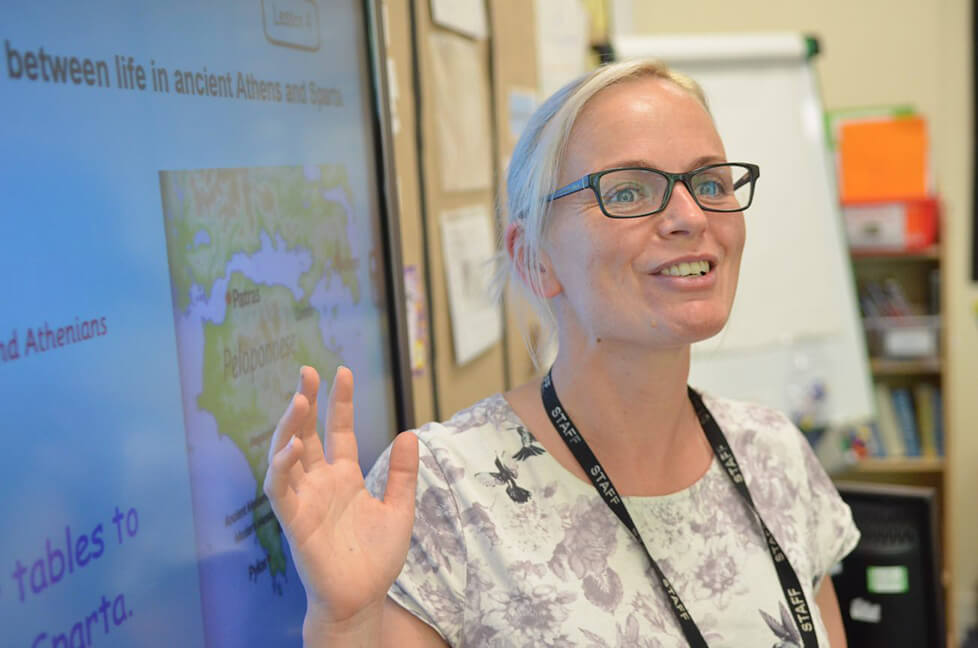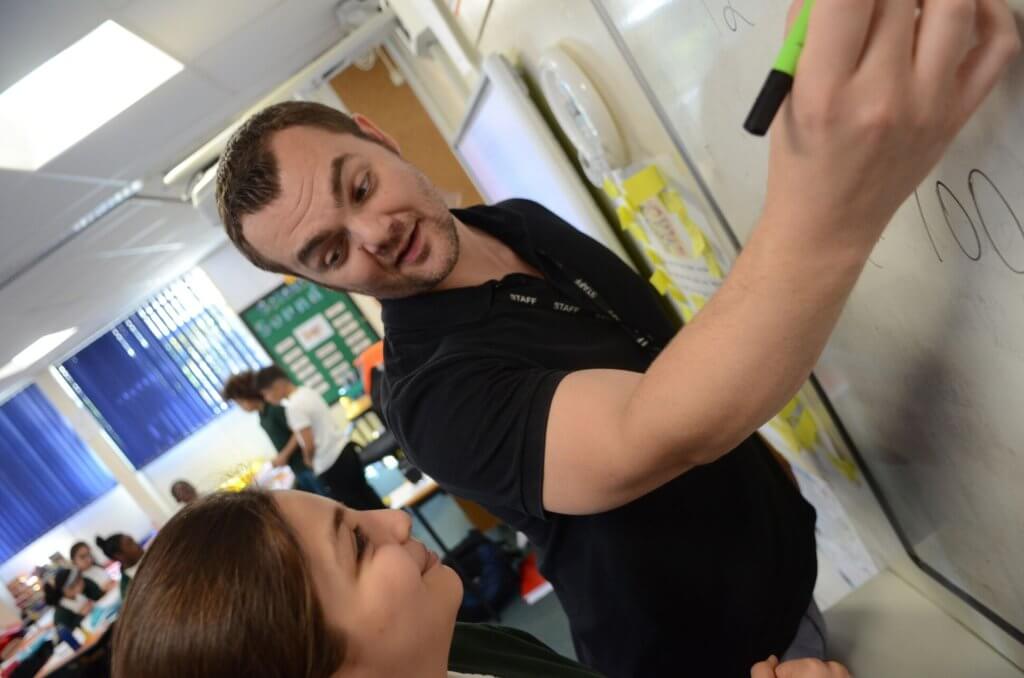What Schools Can Expect for 2023 Exams
Like the rest of the world, school leaders and teachers had to adapt the way they worked over the course of the pandemic, from holding online staff meetings and parents evenings, to delivering lessons, giving feedback, and carrying out assessments via virtual classrooms. In the months since restrictions were lifted, it looks like many of the innovations that schools made might be here to stay – but not all of them. Ofqual confirmed that any adjustments made to exams this year, in an attempt to mitigate the disruptions to education, will be lifted in 2023 as exams return to normal.
This year, pupils have benefited from a choice of topics in GCSE English Literature, History, Ancient History and Geography, or else have been given information about the focus of exams in advance. Similarly, requirements were relaxed for coursework, science practicals and fieldwork. However, Ofqual intends to ‘return to the carefully designed and well-established pre-pandemic assessment arrangements as quickly as possible, given they are the best and fairest way of assessing what students know and can do.’
The announcement comes as school leaders report rises in challenging behaviour, school absences, and incidents of self-harm as a consequence of exams-related stress. According to a survey by the Association of School and College Leaders (ASCL), eighty percent of schools and colleges have received more requests since before the pandemic for students to sit exams in separate rooms away from the main exam hall, mostly due to anxiety. Geoff Barton, General Secretary of the ASCL, comments that ‘the students who will take their GCSEs next year have been heavily impacted by the pandemic […] it would surely have made more sense to keep this mitigation in place.’
Ofqual reassures that it will continue to monitor the impact of the pandemic before it finalises any 2023 arrangements. One measure it may look to keep is the spacing between exams. It will also consider the approach to grading for 2023 in light of the outcomes this year.
The Department for Education Corrects Evidence for Academisation
After an investigation by the Office for Statistics Regulation (OSR), the government has announced that it will make corrections to its Case for a fully trust-led system document, which was produced to support ministers’ ambitions to move all schools into multi-academy trusts by 2030.
The OSR found ‘issues regarding the transparency, quality and replicability’ of the government’s data. In particular, the OSR commented that it was not always possible to identify data sources; methodologies were not properly explained; and the overall lack of information made it difficult for readers to replicate the figures and draw their own conclusions. Ed Humpershon, director of the OSR, says that ‘care should be taken when producing these types of documents to ensure that the statistics are presented clearly and independently of the conclusions drawn from them.’
The DfE says that it ‘welcomes this input’ and assures it will clarify the evidence used in the Case for a fully trust-led system document. Despite any changes, however, the government maintains that ‘strong multi-academy trusts have a good track record of improving underperforming schools.’
However, the Nation Education Union (NEU) argues that the government’s flawed evidence only proves that the drive towards academisation is ‘wholly ideological.’ In its own analysis, the union found that primary schools previously rated good or better are more likely to be rated lower during their next inspection if they are in a MAT, or join a MAT between inspections. Dr Mary Bousted, joint general secretary of the NEU, encourages ‘Nadhim Zahawi to withdraw his plan […] and get back to what teachers and parents actually want the government to focus on.’
Secondaries Question the Accuracy of SATs
With SATs week finally over and done with, Year 6 pupils can now look forward to enjoying their last few weeks of primary school, with upcoming school trips and leavers parties to celebrate their achievements. However, the credibility of those achievements has been called into question, after more than sixty percent of secondary teachers report that KS2 SATs results are inaccurate reflections of academic standards, due to primary schools ‘excessively drilling’ pupils for the assessments. In the same survey, thirty percent of secondary teachers believed that pupils ‘receive inappropriately excessive support’ and almost half thought that SATs only measured a ‘narrow range of academic capabilities.’ In total, just eleven percent believe that SATs are a good reflection of academic standards.
Reflecting on concerns about excessive drilling, leaders such as Simon Kidwell, from Hartford Manor, say ‘we do need to acknowledge what our secondary colleagues say and take a good look at the accountability measures that drive these sorts of practices.’
Other primary school teachers insist that the support and study sessions delivered in preparation for SATs are no different to those delivered in the lead up to GCSEs. However, when polled, only forty-eight percent of primary school teachers considered SATs to be a ‘moderately accurate’ measure of pupil attainment, suggesting there is certainly room for improvement when it comes to KS2 assessment.
Research shows that headteachers in England are the most data-driven compared to leaders from other countries. We use data in almost all our decisions, from informing best practice and curriculum development, to driving parent engagement and pupil attainment.
However, one of the largest challenges schools face when developing their data strategy is devising rigorous and accurate performance measures without compromising the learning experience. Please explore our School Development services to find out how we can help you embed meaningful impact measures and assessment systems at your school.















